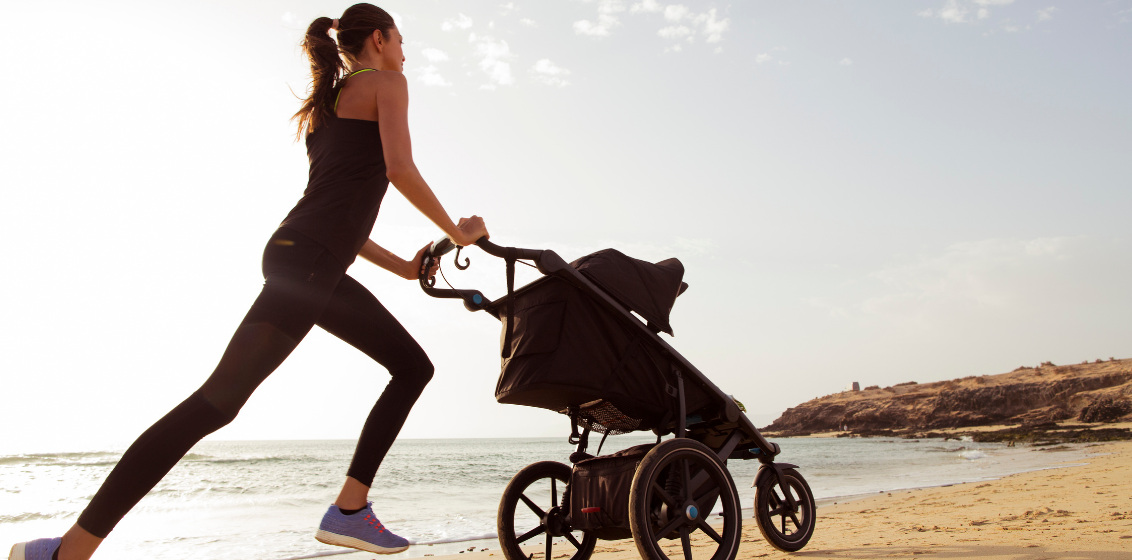3 Things New Mums Should Know About Getting back Into Exercise Safely


Struggling to get back into exercise after having a baby? Having a baby can alter your regular routines, decrease your sleep quantity and it can be hard to take time for yourself to exercise. Exercise has many important health benefits for new Mums including; cardiovascular, strength and conditioning, and importantly psychological well-being and self-identity.
Here are 3 things we’d love you to know about about exercising after having your baby.
1. Individualised assessment and rehabilitation is beneficial following birth.
A sporting injury like a torn muscle needs rehab to optimise recovery. Childbirth is the same, with significant physical impacts on the pelvic floor and abdominal muscles. It’s important to undergo appropriate assessment and rehabilitation rather than just giving the thumbs up for exercise at a random time after birth.
Your rehab program will be tailored to you but will include pelvic floor exercises working on strength and endurance and gentle abdominal exercises in the early weeks. Over the first 12 weeks following birth you will progress to more functional strengthening and eventually higher impact activities.
2. Return to running and high impact should commence no sooner than 12 weeks.
A recent study looked at 881 female runners after pregnancy and found that 74% had returned to running at 12 weeks. However, 84% had suffered musculoskeletal pain whilst running with the main complaints in the legs, back and pelvis. Only 36% of females had returned to their pre-pregnancy levels of running. 29% of the runners experienced stress related urinary incontinence.
A low impact exercise program should be incorporated for the first three months after birth including walking, cycling, swimming and pelvic floor and abdominal exercises to provide a graded return to running and higher impact activities.
3. You should perform pelvic floor exercises before and after pregnancy to reduce the risk of pelvic floor dysfunction.
The pelvic floor supports the uterus, bladder and the bowel. It’s no surprise that pregnancy puts a large strain on the pelvic floor muscles, the ligaments around the pelvis and the fascia. This leaves most women with a weak or injured pelvic floor. If you haven’t been performing pelvic floor training, this may mean the pelvic floor is even weaker. Physiotherapy may be needed to learn how to activate and then strengthen the pelvic floor and abdominal muscles.
Pelvic floor dysfunction can lead to incontinence especially when recommencing high impact exercise. It doesn’t necessarily stop women from exercising; however it can be a frustration that can be fixed with the correct exercises!
Here at Parkside, we are here to guide you through your postpartum journey. We recommend getting a physiotherapy assessment at the 6-week mark. We will begin with a thorough assessment by listening to your goals for the exercise you would like to get back to and provide you with a plan to get you back doing the things you love.



